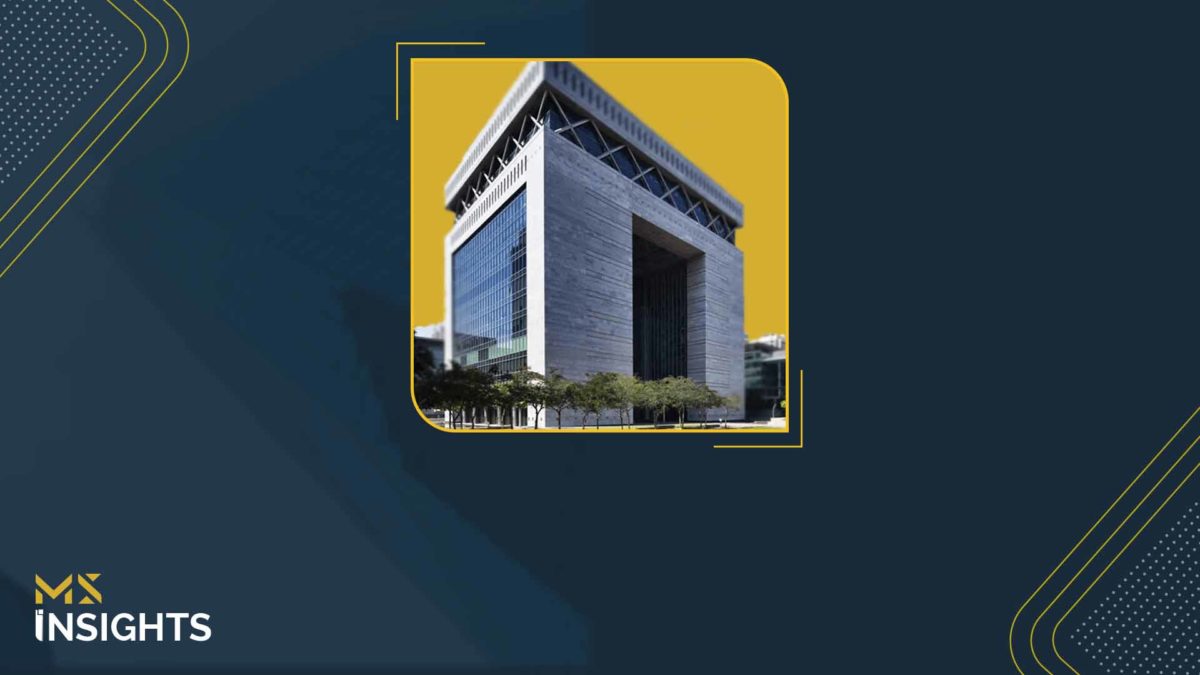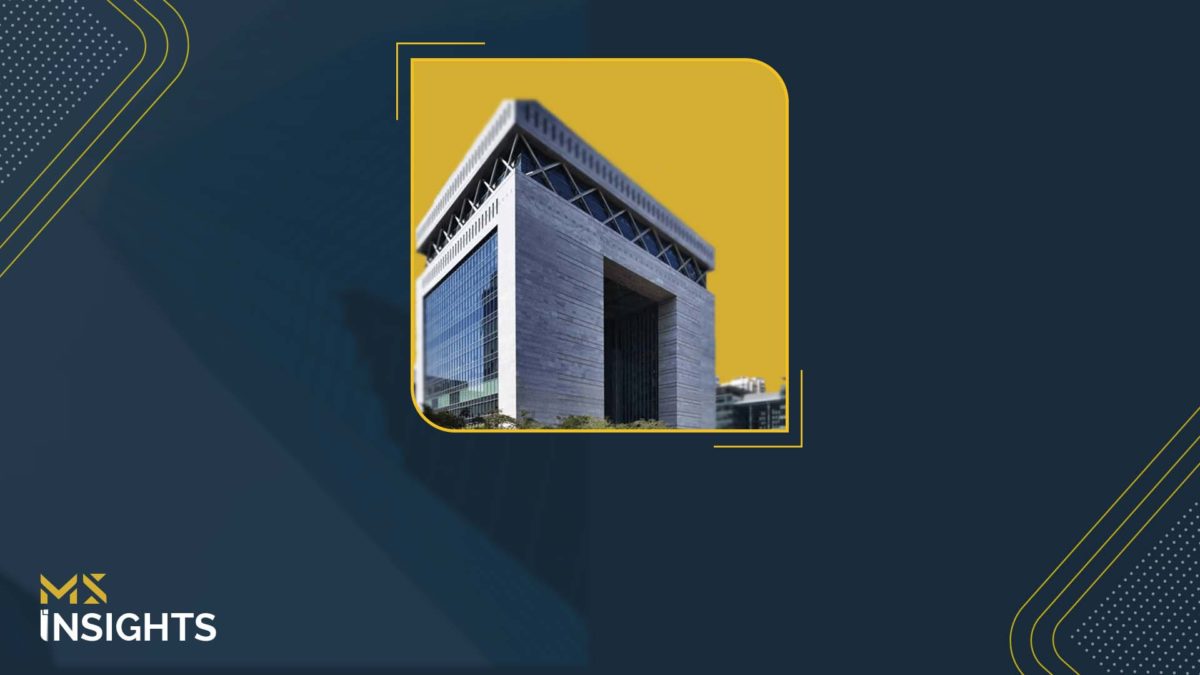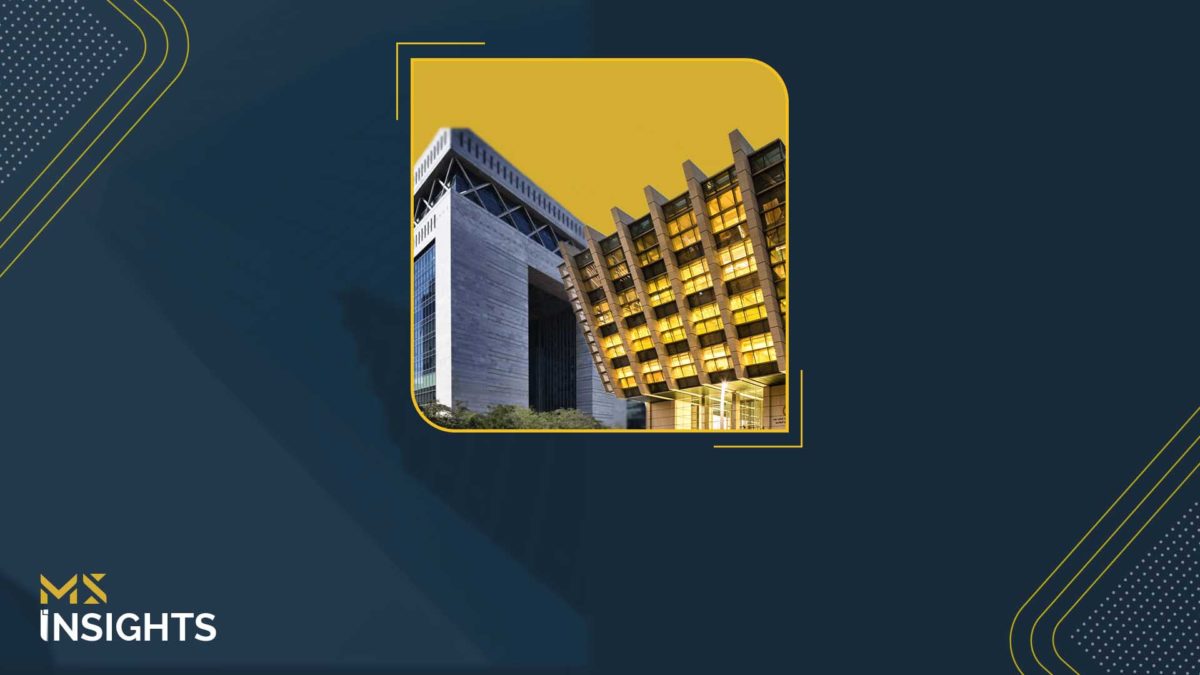Dubai is always looking ahead, and nothing can stop its forward momentum. Whether it’s in economic, social, or technological progress, Dubai’s pace is unmatched. So is the DUB.AI which showcases Dubai’s determination to lead in the digital age. Known for its rapid advancement and forward-thinking approach, Dubai is not just initiating change but making a bold leap into the future. As a symbol of Dubai’s commitment to innovation and leadership, the Dubai AI Campus is more than just an initiative—it’s a bold step in setting new standards for global technology and economic growth.
The Dubai AI Campus, driven by the vision of His Highness Sheikh Mohammed bin Rashid Al Maktoum (Vice-President and Prime Minister of the UAE, and Ruler of Dubai), is a central piece of Dubai’s plan to generate AED 100 billion each year through digital transformation. Located at the DIFC Innovation Hub, it’s designed to spark innovation and help AI and tech businesses grow.
Understanding DUB.AI: The Blueprint for AI Excellence
At the core of this initiative is the Dubai Universal Blueprint for Artificial Intelligence (DUB.AI), which is aligned with the D33 Agenda. This blueprint is designed to drive AI adoption across various sectors, with a projected contribution of AED 100 billion annually to Dubai’s economy and a 50% increase in productivity. Key elements include:
- AI Integration Across Sectors: Encouraging the use of AI to enhance efficiency and innovation.
- Optimal Environment for AI Companies: Providing a supportive ecosystem for AI talent and startups.
- Enhanced Government Services: Leveraging future tech to improve public services.
- Global AI Governance Hub: Positioning Dubai as a leader in AI regulations and standards.
Phased Expansion of DUB.AI: From Startups to Industry Powerhouses
The Dubai AI Campus is a multi-phase project with ambitious goals for expansion.
Phase 1 includes over 75 businesses spread across 10,000 square feet, with the establishment of AI and Web3 incubators aimed at nurturing early-stage startups.
Phase 2 will see the growth of the campus to accommodate over 500 companies, create more than 3,000 jobs, and attract $300 million in investments by 2028.
Licensing Perks and Benefits
One of the standout features of the Dubai AI Campus is its unique AI license. Designed specifically for the next generation of AI businesses, this license operates within DIFC’s robust legal framework. Key benefits include:
- DIFC’s Digital Assets Law: Provides legal clarity for investors and users of digital assets globally.
- Customized AI License: Tailored to meet the needs of innovative AI startups.
Dubai’s AI Ambitions: Transforming the Middle East Economy
Dubai’s vision extends beyond just creating a hub; it aims to make AI a central pillar of the Middle East’s economy. By 2030, AI is projected to contribute $230 billion to the region’s economy, accounting for 14% of the UAE’s GDP. The Dubai AI Campus will:
- Foster multinational tech partnerships.
- Establish the first innovation lab dedicated to providing AI solutions for UAE’s small businesses.
- Enhance computing power and offer business accelerator programs to boost AI adoption.
Enhancing the FinTech Ecosystem
The AI Campus also strengthens DIFC’s position as the MEASA region’s largest financial sector incubator. It will host the Dubai AI and Web3 Festival, showcasing cutting-edge technologies and offering a platform for future tech innovations.
Embracing Web 3.0: The Future of the Internet
The AI Campus is set to become a key player in Web3, the next evolution of the World Wide Web characterized by blockchain, decentralization, and enhanced user utility. Entrepreneurs at the campus will benefit from:
- R&D Facilities: State-of-the-art research and development resources.
- Accelerator Programs: Tailored programs to fast-track AI and Web3 startups.
- Collaborative Workspaces: Designed to foster innovation and cooperation among tech businesses.
Premium Benefits Elevating AI and Web3 Ventures
In addition to these features, the Dubai AI Campus offers:
- Customized licenses and regulations.
- Collaborative workspaces and accelerator programs.
- Access to venture capital, venture studios, and AI lab facilities.
- Comprehensive AI training programs and cutting-edge hardware.
How DUB.AI is Setting New Standards for Global Tech Leadership
The Dubai AI Campus is a game-changing project that showcases Dubai’s bold vision for the future of AI and digital transformation. Positioned in a prime location with state-of-the-art facilities and solid support, it’s set to drive major growth and innovation in the tech sector. This initiative is set to strengthen Dubai’s reputation as a global leader in the digital economy.









